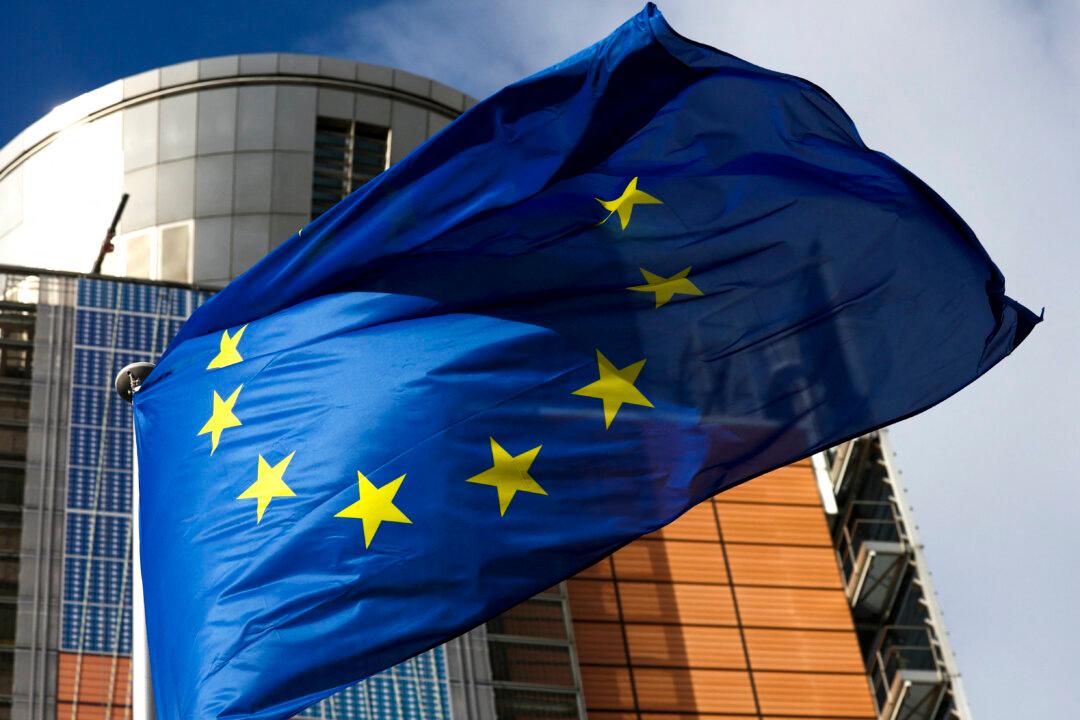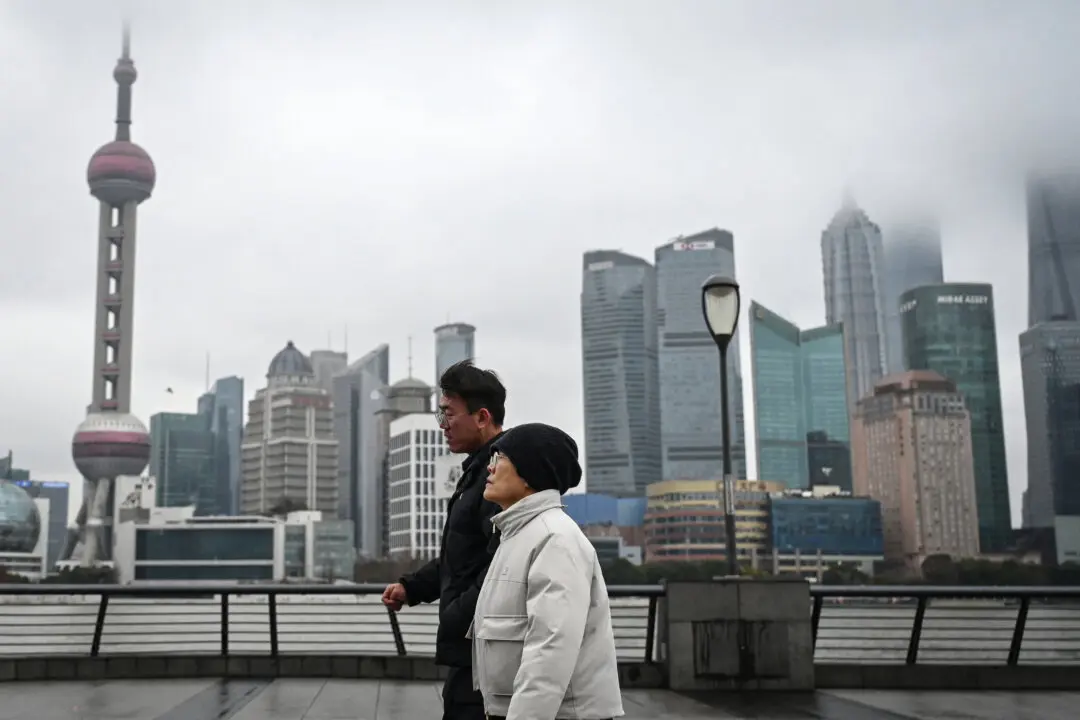The European Commission announced on May 23 that it has begun an anti-dumping investigation into lysine imported from China, as the trade war between the Chinese communist regime and the West continues to heat up.
The move comes after China opened an anti-dumping investigation into plastics imported from the West less than a week ago.




